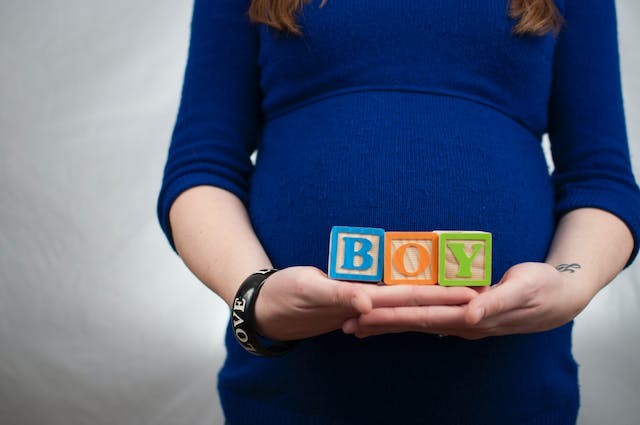
Signs of Autism During Pregnancy: How To Know About Unborn Child's Condition?
Expectant moms could learn about their unborn child's condition even before giving birth. A routine ultrasound during the second trimester could detect early signs of autism.
Signs of Autism During Pregnancy
The womb is the baby's first and most important habitat. During pregnancy, the fetal brain creates roughly 250,000 neurons every minute. Therefore, events that disrupt this process can have long-lasting effects on the developing brain. Numerous pregnancy-related factors, including the mother's food, medications, and mental, immunological, and metabolic disorders, such as gestational diabetes and preeclampsia, have been associated with studies of autism. Additional preliminary research has linked her exposure to pesticides with the state of the air she breathes. Furthermore, some studies imply that the timing and complications of the birth may also be important factors.
However, researchers are beginning to find biological links connecting some of these prenatal exposures. Many have an impact on common biochemical pathways that have been linked to autism in the past, like those that involve inflammation and abnormal immunity in both the mother and the child.
Each may only "contribute a little bit of risk here and there," per Brian Lee, an epidemiologist at Drexel University in Philadelphia. He added that trying to understand how all the pieces add up is crucial.
Although autism is frequently diagnosed considerably later than two years of age, it can occasionally be identified earlier. According to a 2022 study, a standard second-trimester ultrasound can identify heart, brain, and kidney abnormalities as well as early indicators of autism during pregnancy. Three times more often than with usual babies, these malformations were discovered in 30% of fetuses who were subsequently diagnosed with ASD.
Furthermore, prenatal genetic testing can occasionally reveal whether a fetus is at risk for autism; however, these tests are not commonly accessible in the United States. The tests present moral and ethical conundrums in addition to being partially inconclusive.
For example, a 2020 survey of parents in Taiwan discovered that over half of parents would end a pregnancy if there was a chance of ASD, and 67% of parents would want prenatal genetic testing for the disorder.
ALSO READ: Human Gestation Period: How Many Weeks Does It Take for a Full-Term Pregnancy?
Pregnancy-Related Risk Factor For Autism
Numerous extensive, well-researched studies have discovered a connection between autism and specific pregnancy-related variables, and these findings have been replicated in other research. Thus, even though they only marginally increase the chance of autism, these factors are real. The possibility that you will have a kid with autism will decrease if you can lessen these risks.
Here are some proven pregnancy-related risk factors.
- Use of Antidepressants
- Older Parental Age
- Preterm Birth
- Gestational Diabetes
In suitable settings, some risk variables have been studied by reputable researchers; nevertheless, the results have not been replicated frequently enough to be definitive.
If you are concerned, you should steer clear of these potential hazards, while there is no guarantee doing so would make your child more likely to be diagnosed with autism spectrum disorder (ASD).
- Taking Tylenol (Acetaminophen) During Pregnancy
- Iron Deficiency
- Environmental Toxins ( Bisphenol A (BPA), Polybrominated diphenyl ethers (PBDEs), Polychlorinated biphenyls (PCBs) and Polychlorinated dibenzodioxins (PCDDs))
- Health Issues (Autoimmune disease, infections during pregnancy, prenatal stress, fetal distress, low birth weight and umbilical cord complications)
RELATED ARTICLE: Rate of Premature Babies Falls by 90% During Lockdowns Could Be Due to Reduced Stress and Declining Air Pollution
Check out more news and information on Babies and Pregnancy in Science Times.














